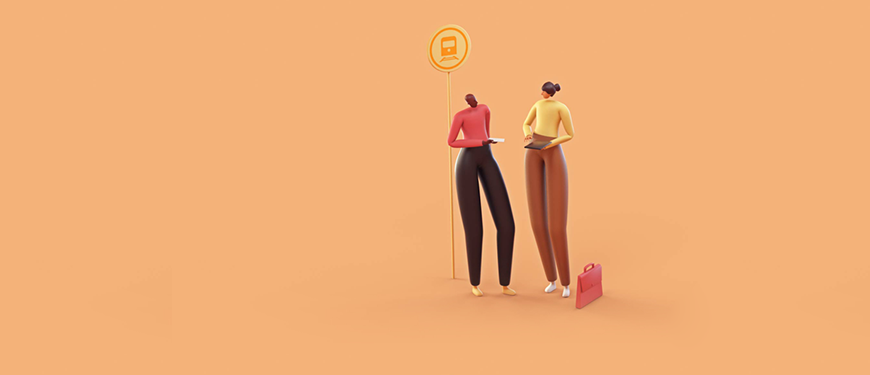
An alternative way of learning
Today, on 11 June, SDU is launching a campaign regarding our work to develop the education programmes of the future. At the heart of the campaign is the Master's degree programme in journalism, which, on behalf of SDU, is experimenting with new forms of learning and provides concrete suggestions on what education may look like in the future
Several years ago, the University of Southern Denmark launched its very own ambitious learning process to develop the university education of the future. Under the heading ‘The Education of the Future’, we have been experimenting with new methods, new teaching platforms and a more flexible education framework.
‘We have a long history in education innovation. And now we are ready with a campaign which demonstrates that SDU is pioneering flexible education programmes where the students have both ordinary lectures at the University as well as access to specially designed digital courses that can be accessed in the order preferred by the student, and around the clock,’ says Rector Henrik Dam.
Anywhere, anytime
In conjunction with the campaign, ‘The Education of the Future’, together with the research institute DMA, has conducted a nationwide study on lifelong learning. The study shows that the Danes are very concerned with everyone having access to lifelong learning. And that the universities must help accomplish this task.
‘Indeed, flexible courses can give people the opportunity to further their education – perhaps not only once, but several times – at a high level, while also holding a part-time or full-time job. Thus, as a university, we can cover the growing need for lifelong learning, says Henrik Dam.
The flexible courses are initially being tested on the Master's degree programme in journalism (cand.public), and they are based on the principles anyone, anywhere and anytime. Like other students, the students attend classes at SDU, but knowledge is also disseminated outside the university walls and via nanomodules. That is, in smaller digital chunks such as podcasts, videos and audio that can be accessed anywhere and anytime.
Short and complex
‘The message of the new campaign is that complex academic material can be acquired in smaller content formats and still be at an academic level. It's just another way of learning,’ says Henrik Dam.
The campaign consists of a website and social media postings. The framework of the site accurately reflects the individually modular course, so the chance of two site visitors following the same course is highly unlikely.
‘Here, too, we have dared to experiment, and we constantly seek to challenge traditional thinking. We will never accept a ‘one-size-fits-all’ solution. On the contrary, we are happy to try out new ideas, so if anyone is thinking about what future education programmes should be like at SDU, we’d love to hear from you,’ says Henrik Dam.